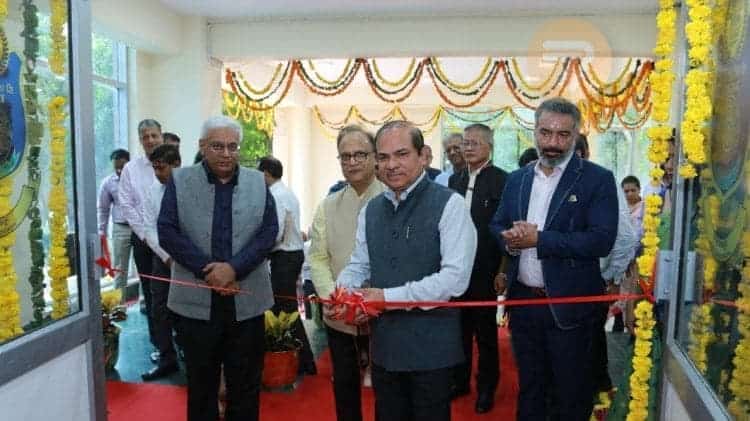Parliament Adopts GST Council Recommendations on Gaming
14 Aug 2023
28% GST on Entry Deposits Effective from October 1
The Rajya Sabha and the Lok Sabha adopted the amendments to the Central Goods and Services Tax (CGST) Act and the Integrated Goods and Services Tax (IGST) just before both Houses of Parliament were adjourned for the end of the Monsoon Session. Read more about the GST Council Recommendations on Gaming.
Thus, after three years of public debate and uncertainty for the gaming industry, the National Parliament, on Friday, August 11, endorsed the recommendations by the latest 50th and 51st Meetings of the GST Council.
After the notification, the proposed 28% GST levy on the full face value of entry deposits for online money games, casinos, and bets on horse races is expected to come into force as of October 1, 2023, if state Governments manage to make the necessary amendments to local GST laws on time.
According to media reports, many states, including Madhya Pradesh, Telangana, Chhattisgarh, Rajasthan, and Mizoram, which are having legislature elections this year, are likely to implement the amendments via Ordinances in order to have them effective by October.
Cross-Border Gaming to be Levied As Well
As recommended by the GST Council, the IGST Act amendments provide for a simplified registration under GST for offshore-based gaming platforms that cater to players logging in from India and blocking measures in cases of non-compliance.
The reverse situation is also covered. India-based online gaming platforms will have to charge and pay GST over deposits made by players located outside the country.
Besides increased revenue collection, which is urgently sought by many cash-starved state Governments. These amendments aim is to bring parity between domestic and international gaming companies. And address concerns that many gaming operations will go offshore pushed by the significant hike in GST levy.
Gaming with Crypto and VDAs also Liable to GST
There will be no loophole to avoid the levy. Deposits and withdrawals for online money games in cryptocurrencies and virtual digital assets (VDAs) will be taxable.
The 28% tax is applicable only to online money games. Regardless if skill or chance-based. While casual and eSport gaming is not included and will continue to be taxed at 18%.
The amendments also specify that tax is applicable on any game involving wagering of money. Regardless of whether the game is permitted under any legal framework. Answering Tamil Nadu’s demand for the new legal definitions to reflect the recent online gaming prohibition in the state.



